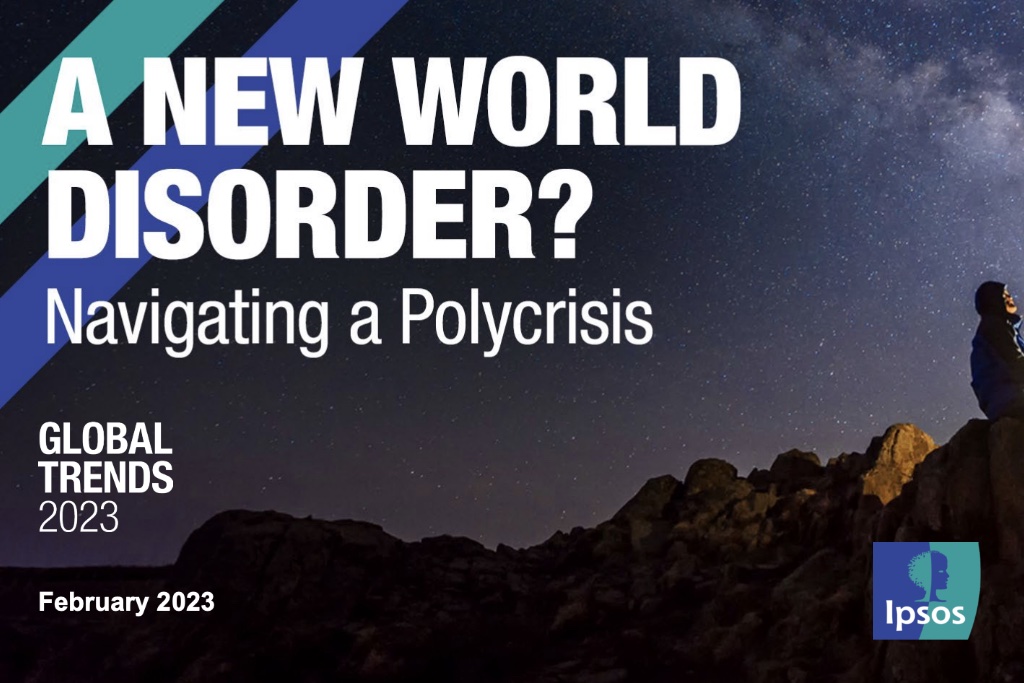As 2023 opens, we’re entering a new world disorder filled with crises on multiple fronts. The largest Global Trends survey ever, from leading insights firm Ipsos, shows that, globally, 74% agree that their government and public services will do too little to help people in the years ahead.
The major challenges facing people give businesses and institutions a clear mandate to offer plans and solutions, which will differ from market to market.
Yet less than half consider their national government (36%) or businesses (45%) to be good at planning for the long-term future.
What should businesses and institutions look out for in 2023?
Our study — comprised of 48,000 interviews across 50 markets covering 70% of the world’s population and 87% of GDP — highlights clear trends to monitor and prepare for:
1. A growing tension between global and local
Although many talk of de-globalisation, at least six in ten people across the world believe that globalisation is good for them personally (62%) and for their market (66%). Over the last decade, this figure has been gently rising – even as geopolitical tensions have worsened.
2. Eight in ten agree we are headed for environmental disaster unless we change our habits quickly
What there is not agreement about is how to address it – and even with such high levels of concern, over half agree scientists don’t really know what they are talking about on environmental issues.
3. Despite global divisions, Ipsos Global Trends shows people do have clear expectations of brands and business
Most believe business can be a force for good, with 80% agreeing that brands can make money and support good causes at the same time – yet at the same time, 53% don’t trust business leaders to tell the truth. And almost two-thirds say they try to buy products from brands that act responsibly, even if it costs more (64%).
4. Amid rising demand for the regulation of big tech, six in ten fear that technical progress is destroying our lives
At the same time 71% also say they can’t imagine life without the internet; this encapsulates the cognitive polyphasia so many of us experience in thinking about technology. A larger proportion still – 81% – are resigned to losing some privacy because of what new technology can do.
5. Despite a gloomy global outlook, we are confident about our own prospects
Our optimism bias is clear; while only 31% are optimistic for the world overall for the coming year, most consider themselves happy (57%), and 59% are optimistic about how 2023 will pan out for themselves and their family.
Making the right decisions in a polycrisis
“Navigating through the ‘Twitchy Twenties’ means detail matters,” says Ben Page, Global CEO of Ipsos. “How can brands, governments and individuals work together to solve the multiple crises facing global society and build on the personal hope and optimism we see?”
Ipsos Global Trends 2023 provides the data needed to make decisions for a range of plausible future scenarios. We share the Macro Forces that will shape the next decade, review the changes we see in our global trends framework and suggest ways to react and build resilience.
Our report tells a story from the topline data. For a deeper dive into demographic differences, regional analysis and sector- or market-specific insights please contact us for a custom analysis of this incredibly rich data source.
MARKETING Magazine is not responsible for the content of external sites.










